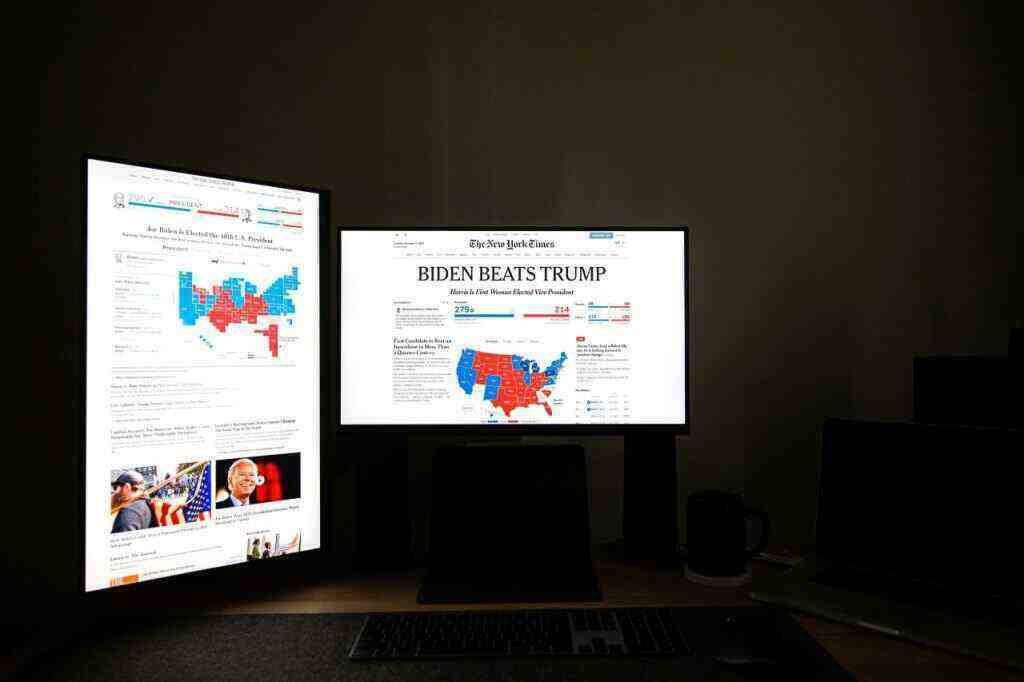Supreme Court Rejects Appeal from Hunter Biden’s Former Business Partner
High Court Decides Not to Review Archer’s Conviction in Tribal Bond Fraud Scheme
In a closely watched case with potential implications for the Biden family, the Supreme Court on Monday declined to consider an appeal from Devon Archer, a former business associate of Hunter Biden, the son of President Joe Biden. Archer was convicted in 2018 for his role in a scheme that fraudulently sold over $60 million in tribal bonds.
Background of the Case
In 2014, Archer and several others were charged with conspiracy to commit wire fraud and securities fraud in connection with the sale of tribal bonds issued by the Oglala Sioux Tribe of South Dakota. The bonds, which were marketed as a safe investment, were allegedly backed by insufficient collateral and were eventually declared worthless.
Archer and his co-defendants were convicted in 2018 following a lengthy trial in federal court in Manhattan. Archer was sentenced to one year and a day in prison, ordered to forfeit $15.7 million, and required to pay $43.4 million in restitution.
Archer appealed his conviction and sentence, arguing that the district court had erred in calculating his sentencing range. However, the 2nd U.S. Circuit Court of Appeals upheld the lower court’s decision.
Archer’s Connection to Hunter Biden
Archer and Hunter Biden served together on the board of directors of Burisma Holdings, a Ukrainian energy company. Republicans have alleged that Joe Biden improperly used his position as Vice President to benefit his son’s business interests in Ukraine. However, no evidence has emerged to support these allegations.
Archer’s testimony before a House committee in 2022 added fuel to Republican claims of wrongdoing by the Bidens. Archer testified that Hunter Biden had put his father on speakerphone during conversations with Burisma associates approximately 20 times over a 10-year period. However, Archer stated that these conversations were casual and did not involve any business discussions.
Supreme Court’s Rejection of Archer’s Appeal
The Supreme Court’s decision not to hear Archer’s appeal effectively ends his legal challenges to his conviction and sentence. The Court’s action does not necessarily reflect an endorsement of the lower courts’ rulings but rather indicates that the justices did not find any compelling legal questions in the case that warranted their review.
Legal experts say the Supreme Court’s decision is a significant setback for Archer and his attempts to clear his name. “This is a major blow to Archer’s hopes for overturning his conviction,” said Rebecca Roiphe, a law professor at New York University. “The Supreme Court’s denial of review suggests that the justices did not see any merit in his arguments.”
Implications for Hunter Biden and President Biden
Archer’s conviction and the Supreme Court’s decision not to review his case have been used by Republicans to criticize Hunter Biden and President Biden. However, there is no evidence that President Biden was involved in any wrongdoing related to Archer’s scheme or that he benefited from his son’s business dealings.
The allegations against Hunter Biden have been the subject of intense scrutiny by Republicans, who have accused him of using his father’s name to enrich himself. However, no evidence has emerged to substantiate these claims.
Conclusion
The Supreme Court’s rejection of Archer’s appeal brings to a close a significant legal chapter in the ongoing scrutiny of Hunter Biden’s business activities. While Archer’s conviction and the allegations against Hunter Biden have been the subject of political debate, no evidence has emerged to substantiate claims of wrongdoing by President Biden.
